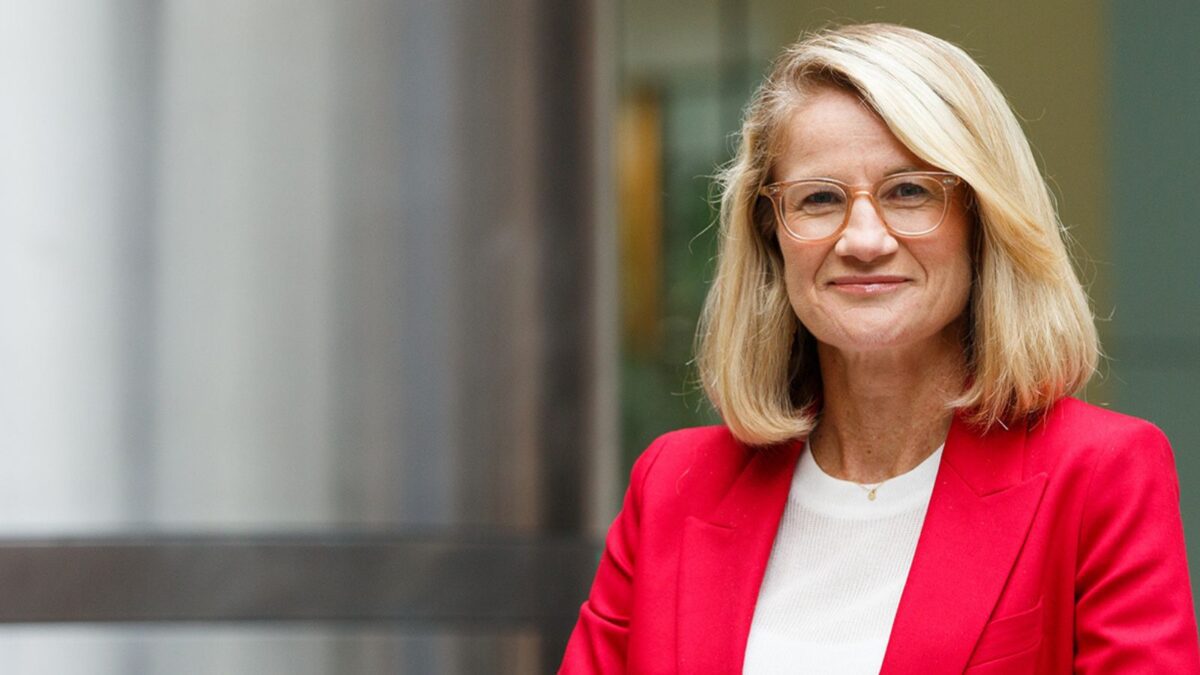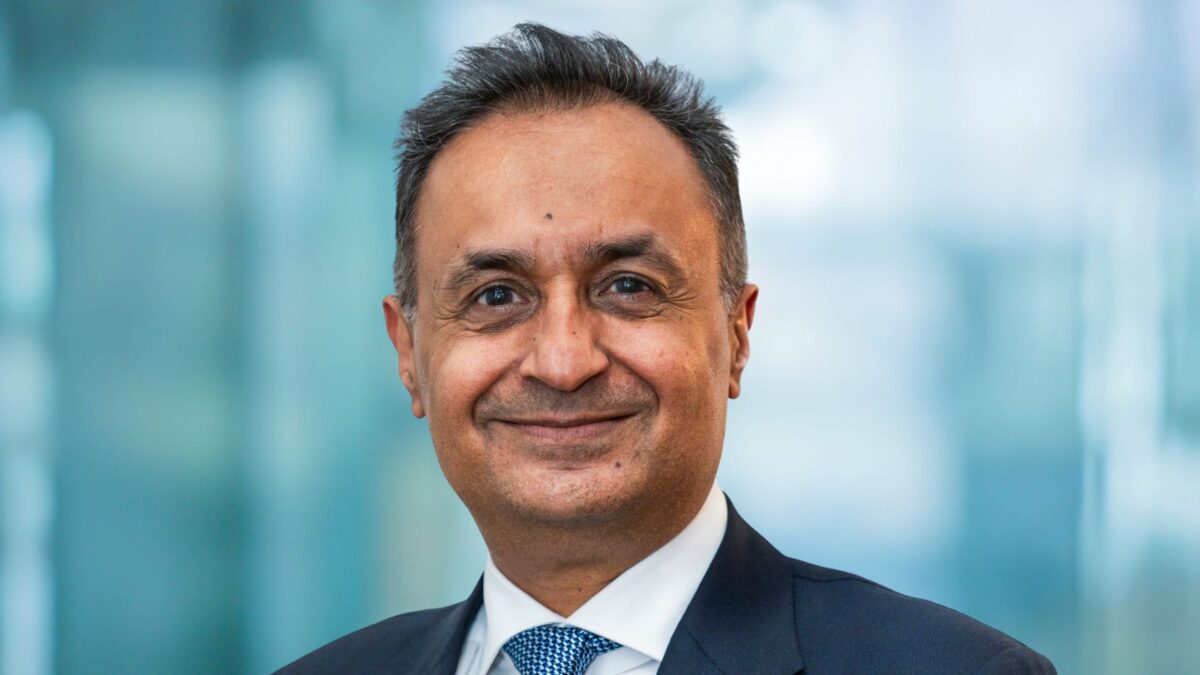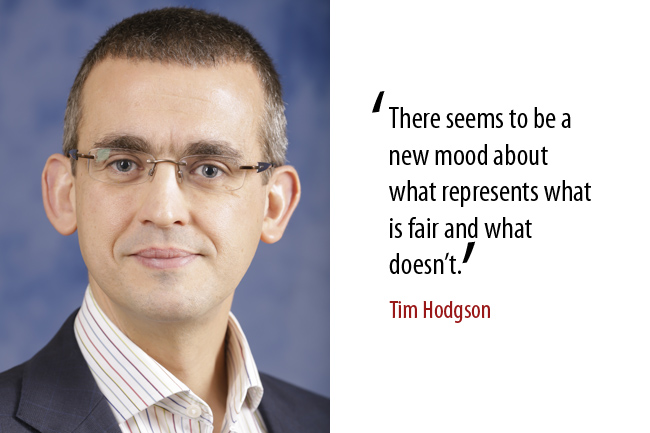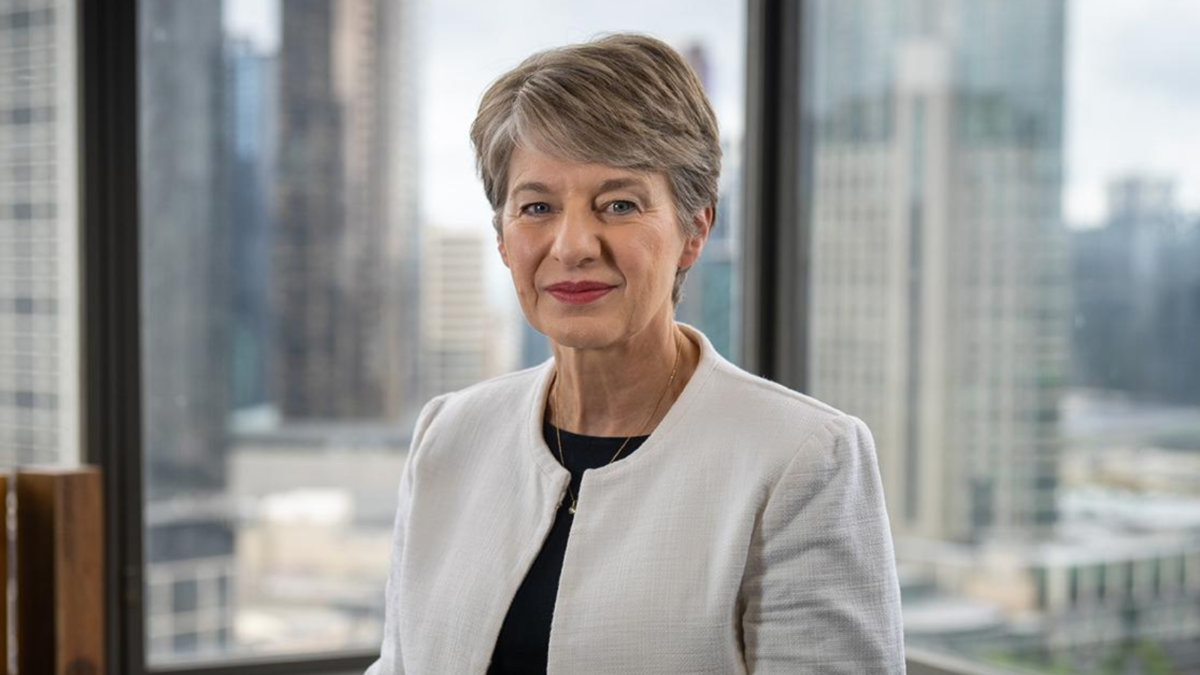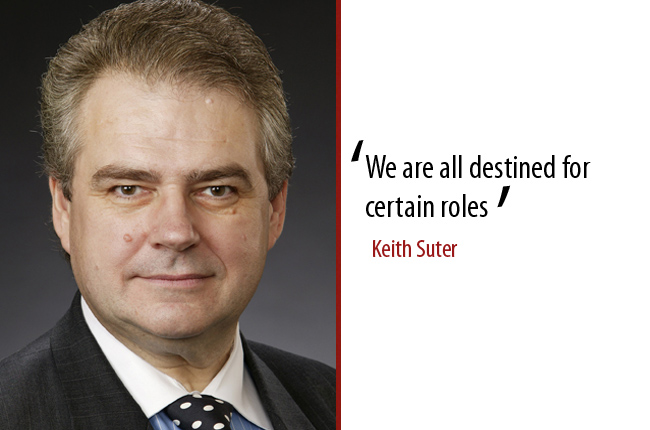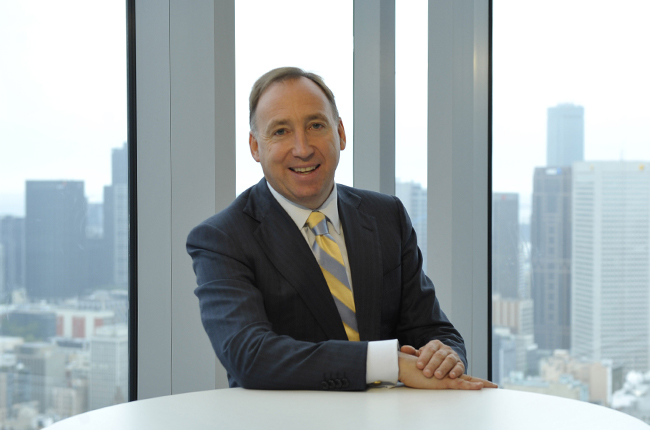Towers Watson’s think tank takes on the investment world
For Tim Hodgson, the co-founder, with Roger Urwin, of Towers Watson’s ‘Thinking Ahead Group’ back in 2002, the job is the longest he has ever been in during his working life. He says it’s a great job, as it is, but last year he wanted to push the envelope a little further. As head of the group, he launched Thinking Ahead Group 2.0 (TAG 2.0) and is now on a mission to change the investment world. He spoke with Greg Bright on a recent visit to Sydney.
Since the birth of modern asset consulting in the 1980s – in Australia at least – consultants have been hammering away to drive down fees and charges on behalf of their fiduciary clients. It has to be said, though, they haven’t had a great deal of success.
Asset management fees still represent by far the greatest cost to a pension fund and most of the gains in fee reductions have come about because of greater scale rather than developing a new type of fee structure.
Towers Watson’s TAG 2.0, a group of six analysts and researchers based in the UK – including the addition this month of an Australian, Sonja Lee, and the possible addition of a seventh member in the future – is embarking on its biggest challenge to date. It wants to reduce the number of asset managers in the world and change the way they are remunerated. Good luck with that.
TAG has some significant successes behind it though. For instance, it was the first group of researchers to come up with the idea of risk budgeting, which is now commonplace among big pension funds – a concept, Tim Hodgson says, he and Urwin “stole” from the investment banking community. It also introduced smart beta to the world; the notion of “share of alpha” to the fees debate and the idea of having “long-term equity mandates.
Generally speaking TAG 2.0 has about 20 projects in various stages of research and development. It keeps an “internal heat map” to trace progress. The projects start out as a light colour and end up dark by the time “everyone” is talking about them, Hodgson says. This will usually take about five years.
Hodgson says he is very proud of the work TAG has done. The group had a lot of autonomy and was able to, with assistance from elsewhere within the Towers Watson Group, such as Australian consultants Tim Unger and Martin Goss, demonstrate a certain mastery over the investment field.
But Hodgson says he had started to feel that the work, as worthwhile as it was, was lacking some important purpose. He felt that he wanted to tackle the bigger, more fundamental, issue of the funds management industry, which was that the end investors – the pension fund members – were not being as well served as they could be. He doesn’t know whether he will be successful, but he doesn’t want to die wondering. Hence, TAG 2.0.
The five “root” problems of the system, Hodgson believes, are:
> an inappropriate incentives structure
> misaligned interests
> excessive short-termism
> the inherent complexity of markets and economies, and
> generally weak decision making by the end savers.
TAG 2.0 can’t do much, if anything, about the last two, but it can agitate and use its influence over big asset owners to, perhaps, change the first three.
The “end point” of the work is: “when the end saver knows how best to compound wealth through a life time and has the right products to do that”, Hodgson says. “That’s a sufficiently lofty goal, although I’m not sure it’s achievable in my life time… It may be tilting at windmills, but I need to have a go.”
Two recent papers from TAG 2.0 point to its thinking. One is titled: “Our Industry Has a Problem – the investment industry has been built by the intermediaries for the intermediaries”. The other is: “There Are Too Many Active Managers”. The first is based on a survey of asset managers and the other is more of a thesis.
In the “Our Industry Has a Problem” paper, the researchers note that, in response to the statement: “The investment industry is primarily designed to help the ultimate beneficiaries rather than the agents working within it”, only 42 per cent agreed. Meanwhile 36 per cent were neutral and 21 per cent disagreed. The paper also referred to the Edelman Trust Barometer for 2014, a global survey, which had financial services at the bottom of a list of 15 industries, ranked by customer trust. (In the interest of full disclosure, media was third from the bottom.)
In response to the statement: “There is too much short-termism, and this is due to the behaviour of asset owners”, 62 per cent agreed. This high number would have been influenced by the blame being put onto the fund managers’ clients rather than themselves. But with the next statement – “There is too much short-termism and this is due to the behaviour of intermediaries”, the response was nearly as bad, with 53 per cent agreeing.
The paper called “There Are Too Many Active Managers” takes issue, not with the number of managers but, rather, with their aggregate cost. The paper argues that transferring up to 70 per cent of assets to index-tracking portfolios, would save 41 per cent in costs, with no – on average – reduction in performance.
The paper concludes with the observation that the intermediaries are not going to volunteer to change the system. It says: “The potential catalysts for change we have suggested are likely to be slow moving. If we wish to see faster change we will need to change the incentive structures that govern behaviour within the industry.
This is an area ripe for interesting research, but the pressure for change will have to come from the asset owners. This may sound daunting to many asset owners, but the start could be as simple as changing the terms of new mandates. Ultimately, however, more holistic change will be required – spanning relationships, contracts and organisational design. While this will be hard work we have demonstrated that there is considerable additional value that can be captured by asset owners on behalf of their beneficiaries.”
As has been widely reported, in Australia, two other consulting firms – Frontier Advisors and JANA – issued a joint paper several years ago which suggested a new model for fund manager remuneration. This would involve the manager being paid a base fee to cover overheads, and then a fee calculated as a percentage of alpha. Fiona Trafford-Walker, the head of investment consulting at Frontier, recently admitted the idea had not gained much traction but she would persevere with it.
Hodgson says that his timing is good now because the regulators have become more active post GFC. “There seems to be a new mood about what represents what is fair and what doesn’t,” he says. Interestingly, a separate survey by Towers Watson of Australian asset managers showed that 56 per cent agreed that the industry was configured for the benefit of end users, compared with only 42 per cent in the US and UK. “That’s a very different view,” he says. “I think consultants in the US and UK have probably won the battle to get people to realise that chasing alpha is a negative-sum game. It’s not zero; it’s negative.”
View reports:
“Our Industry Has a Problem – the investment industry has been built by the intermediaries for the intermediaries”
“There Are Too Many Active Managers”

